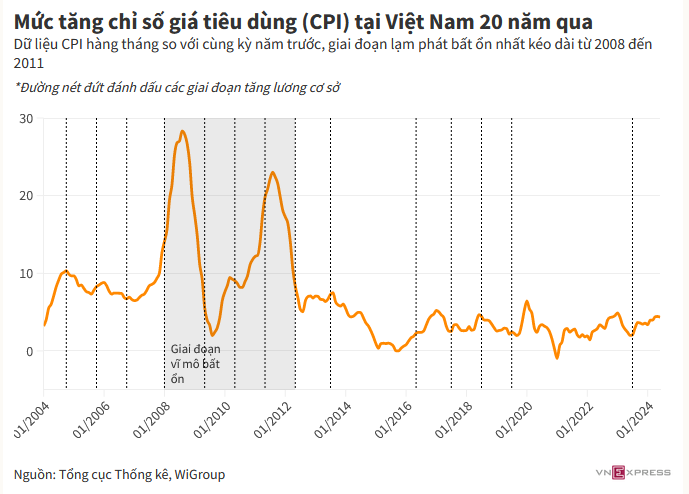
From July, the basic salary increased by 30%, the highest level in history, to 2.34 million VND. An estimated 2.78 million cadres, civil servants, and public employees (excluding the armed forces) benefited. This group is calculated for salary, allowances, and regimes based on coefficients according to rank and level, multiplied by the basic salary.
The income of public sector workers has improved, but some National Assembly deputies and leaders of the Vietnam General Confederation of Labor have expressed concern that market prices may "follow the flow" and increase along with this salary adjustment.
However, wage increases are not the cause of unusual fluctuations in the consumer price index (CPI) - an index measuring inflation, according to experts.
In a study on the relationship between wage increases and inflation in the period 1994 - 2008 (when the minimum wage was still applied to both the public and private sectors), Dr. Nguyen Viet Cuong (School of Economics , Hanoi National University) pointed out that wage adjustments were not correlated with CPI fluctuations.
"Increasing the minimum wage does not increase inflation, but on the contrary is a consequence of inflation," Dr. Cuong concluded.
The 30% increase in basic salary from July 1 is the 14th increase in the past two decades, from VND290,000 in 2004 to VND2.34 million. The salary increases in 2008 and 2011 coincided with inflation soaring to double-digit levels, 23.1% and 16.8%, respectively.
The average CPI increase over the past 20 years has been 6.5%. However, if we divide this period in half, the picture is contrasting between the two periods. From 2013 to now, inflation has increased by an average of 3.2% per year, but from 2003 to 2012 it was more than 10%.
The difference is that the growth of money supply (the total amount of money in circulation in the economy) before 2013 was always above 20%, while over the past 10 years it has averaged below 15%. According to economic theory, when the amount of money in the economy increases but the output of goods does not increase correspondingly, it leads to an increase in the price of goods, creating inflationary pressure.
"Money supply was the main cause of Vietnam's hyperinflation in 2008-2011. At that time, the government had to increase wages to compensate for workers' living standards when the purchasing power of money seriously declined due to rising prices," said Professor Tran Ngoc Tho, a member of the National Monetary and Financial Policy Advisory Council.
According to him, the root of high inflation periods all come from mistakes in loosening fiscal and monetary policies continuously for a long time. Therefore, prices may initially increase after salary increases due to psychological effects, but if there are no macro "shocks" like the period 2008-2011, inflation cannot increase.
"Inflation is a matter of monetary and fiscal policy. Saying that wage increases cause inflation is a crime against workers. A wage increase once in a long time cannot create inflation," commented Professor Tho. According to him, pumping money into construction projects and supporting businesses that are continuously making losses over a long period of time is what causes inflation.
Sharing the same view, Associate Professor Dr. Pham The Anh, Head of the Faculty of Economics, National Economics University, said that the main cause of high inflation in the period of 2007-2011 was a series of macroeconomic imbalances. Average credit growth reached over 30%, with some years exceeding 50%. Stimulus packages failed to meet targets, public spending was haphazard, and many state-owned enterprises went bankrupt. When a huge amount of money is pumped into the economy but is ineffective, inflation is an inevitable consequence.
Meanwhile, the increase in basic salary for employees of administrative and public service units using money from the State budget is in surplus, not newly printed, so it does not disrupt the money supply. In addition, credit growth in Vietnam is currently controlled within specific limits set by the State Bank, so it is difficult to cause sudden high inflation.
"If the budget is used to increase salaries, money supply and credit are properly controlled, there will not be sudden inflation like before," Associate Professor Pham The Anh affirmed.
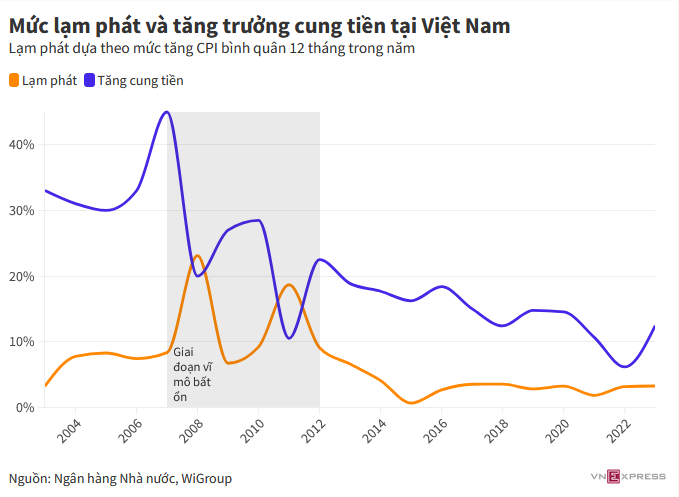
Ms. Tran Huong Giang, an independent public policy researcher, said that wage increases are often associated with inflation because workers have higher incomes, leading to increased demand in the market, thereby leading to increased prices of goods. However, she does not support this argument.
Analysts say the CPI usually increases when demand for essential goods increases, as it accounts for the largest proportion of the basket of goods used to calculate the index. Meanwhile, 2.8 million workers and civil servants (not including police and military) account for about 5% of the total workforce in the economy, making it difficult to affect the overall picture. Not to mention, only a portion of these workers have low incomes - a group that often increases demand for essential goods when incomes increase.
Consumers are still cautious about spending. Total retail sales of goods and consumption in the first 6 months of the year increased by less than 9%, while the pre-Covid-19 level was 11-12%.
"The effect of wage increases can compensate for the recent decline in purchasing power, but it is unlikely to cause a jump in demand to cause demand-pull inflation," Ms. Giang predicted. In this context, businesses must also consider whether they want to pass on the increased costs to consumers by raising prices.
Also from July 1, the regional minimum wage for employees at enterprises increased by 6%. The highest adjusted salary is 4.96 million VND (region 1), the lowest is 3.45 million VND (region 4).
For the non-state sector, the adjustment does not create a big impact because the actual wages of workers are mostly higher than the minimum wage set by the State. Therefore, businesses will only increase costs when the minimum wage increases in the case that they are using this level to pay social insurance for employees, according to Dr. Nguyen Viet Cuong, University of Economics, Vietnam National University, Hanoi .
"The minimum wage increase is relatively low, so in reality, business costs do not fluctuate much. Therefore, the adjustment is unlikely to affect market prices on both supply and demand sides," Mr. Cuong commented.
Sharing the same view, Professor Tho said that prices have been climbing for a long time, so wage increases are necessary to stabilize workers' lives. "We are only wrong when we increase wages too little," Professor Tho said.
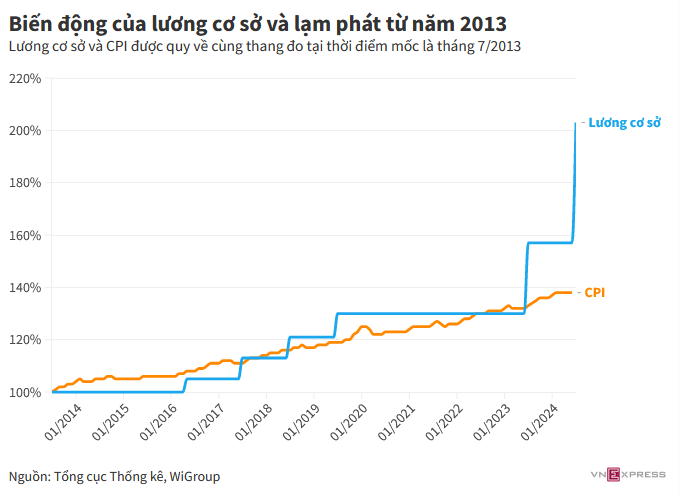
Experts also agree that increasing the basic salary will motivate workers to work more productively, thereby offsetting the increased salary costs. According to Ms. Giang, increasing the basic salary in the public sector is accompanied by staff reduction, thereby improving efficiency, increasing transparency, and ensuring the state budget.
In fact, there are always sellers who take advantage of salary increases to increase prices, according to Associate Professor Pham The Anh. But at the same time, the ability of large enterprises in Vietnam to supply essential goods is much better than 10-15 years ago, so the market is also more stable.
"The prices of some products may increase with wages, but it will only have a small impact on overall inflation," he predicted.
After the first 6 months of the year, the CPI increased by an average of 4.08%, lower than the inflation control target assigned by the National Assembly to the Government for 2024 of under 4.5%. In this salary adjustment, Deputy Prime Minister Le Minh Khai said that the Government is very interested in controlling inflation. According to him, the possibility of inflation increasing by only about 0.77%, while GDP can contribute an additional 0.21%.
TB (according to VnExpress)Source: https://baohaiduong.vn/tang-luong-co-lam-tang-lam-phat-386835.html






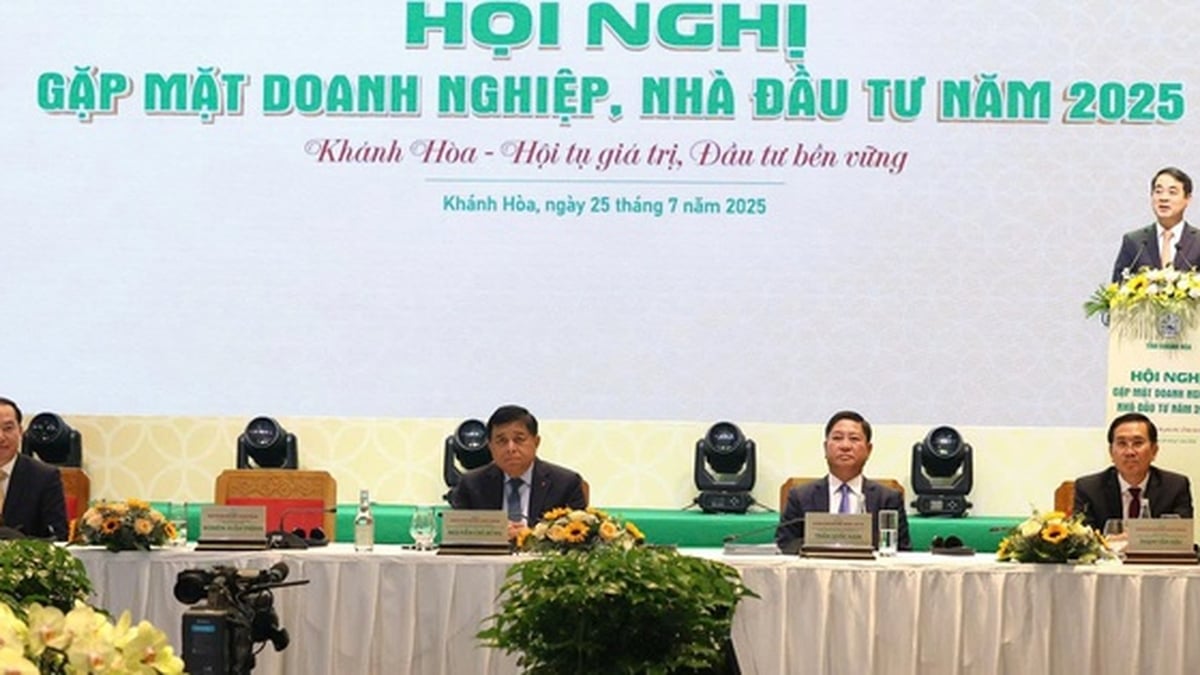


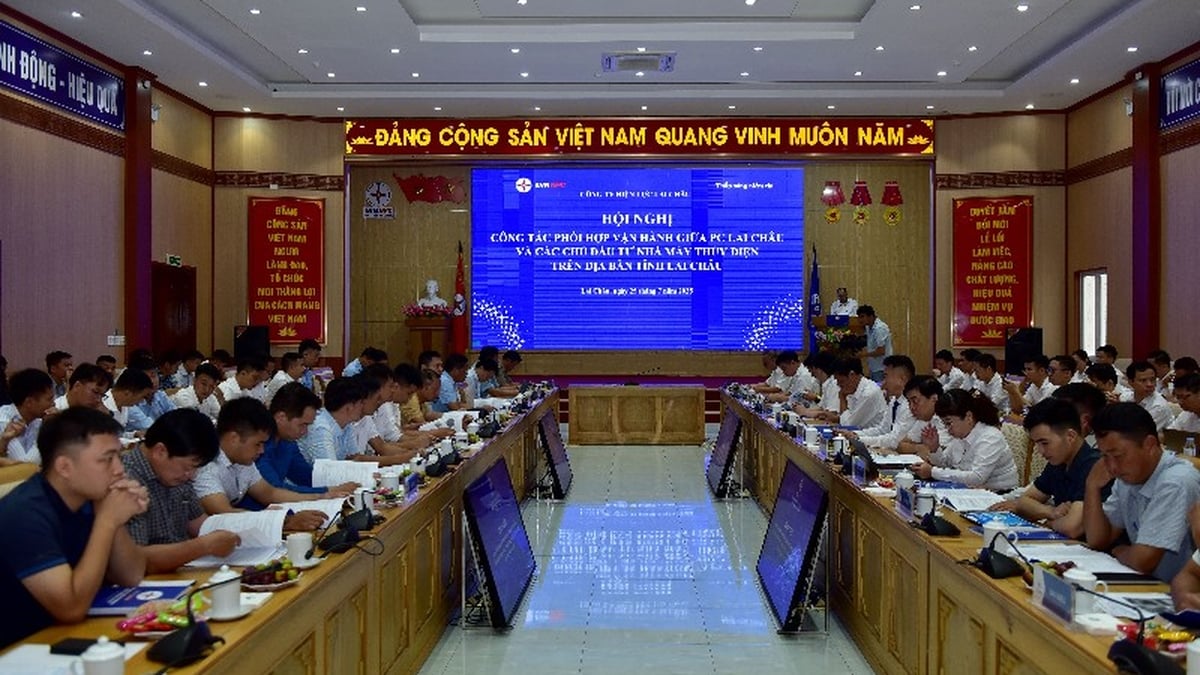
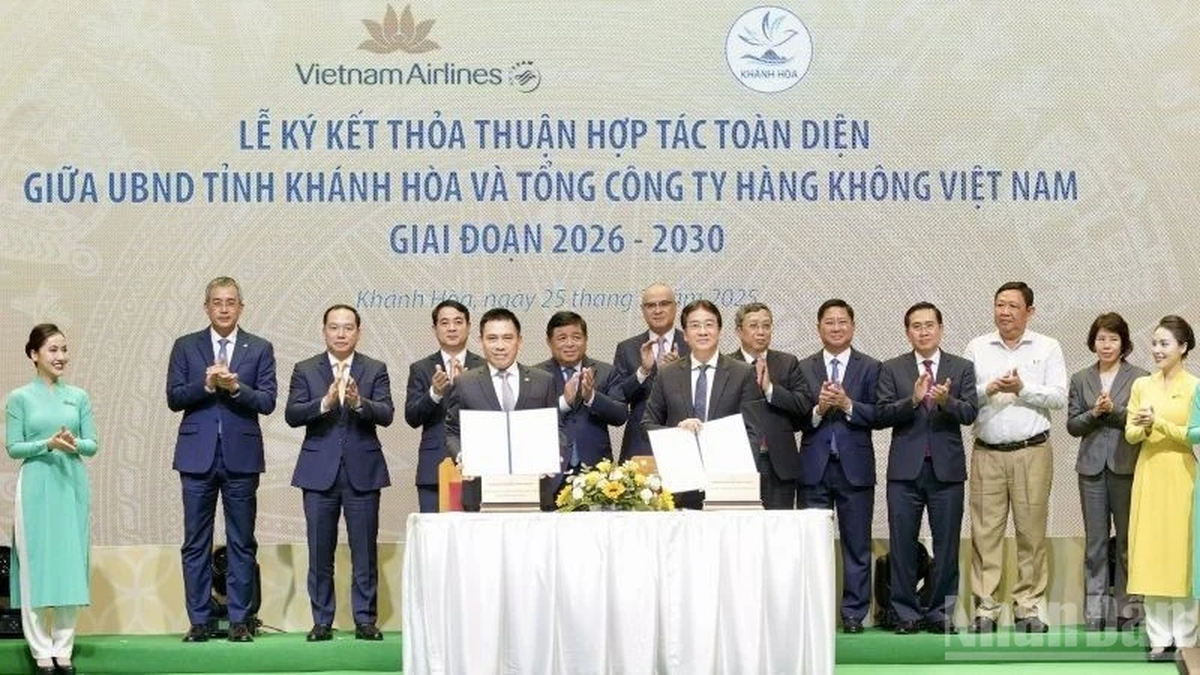




















![[Photo] Signing of cooperation between ministries, branches and localities of Vietnam and Senegal](https://vphoto.vietnam.vn/thumb/1200x675/vietnam/resource/IMAGE/2025/7/24/6147c654b0ae4f2793188e982e272651)









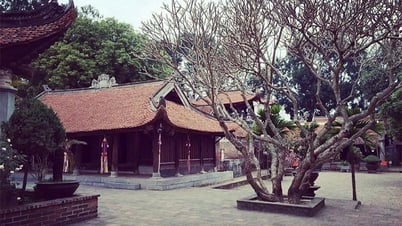




















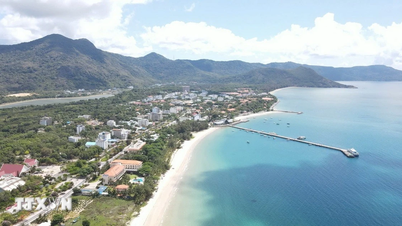






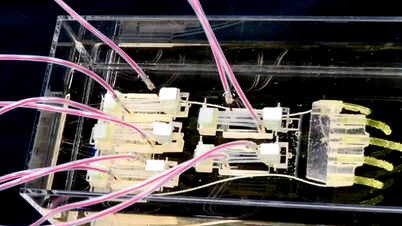
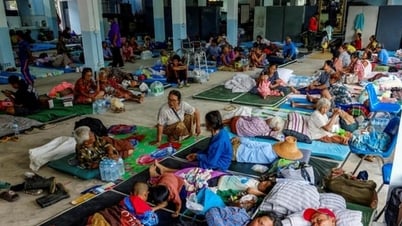






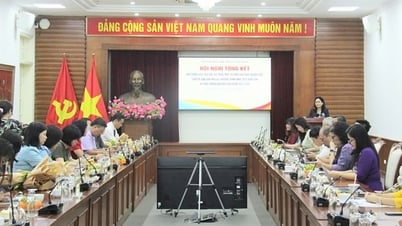

























Comment (0)